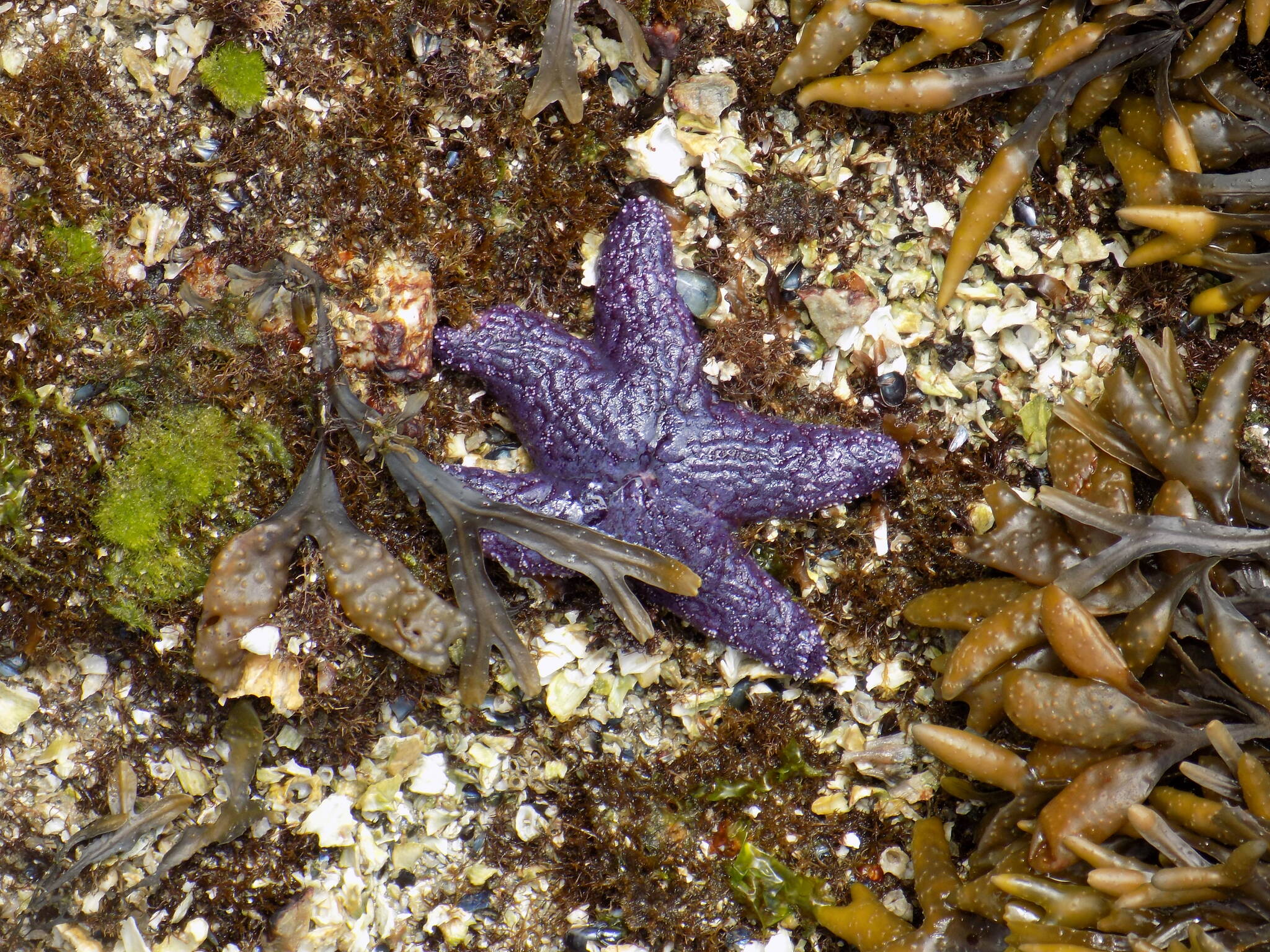After four year’s absence, Kwiaht’s annual spring science event focused on Indian Island and Fishing Bay returns this spring with a program linking the marine and terrestrial ecosystems of East Sound.
Everyone is welcome to this free, family-friendly in-person event at the Episcopal Parish Hall on Friday, March 15, from 3:30 to 5:30 p.m. in the afternoon, where Kwiaht researchers Madrona Murphy, Russel Barsh, and Christian Oldham will share their recent discoveries and discuss the roles of birds, botany, and reptiles in Indian Island ecology. Two centuries of human impacts on the Fishing Bay ecosystem will be included as well. The San Juan Islands National Monument, San Juan County Land Bank, and the Eastsound Planning Review Committee will “table” at the event, providing an opportunity for informal discussion of ways of giving more effective protection to Indian Island’s wildflowers, tidepools and eelgrass meadows.
Indian Island Annual Report is here!
Kwiaht and the Indian Island Marine Health Observatory have released their 15th Annual Report of the health of Indian Island and Fishing Bay, with monitoring data collected through August 2023. The report includes charts and graphs of trends in the abundance and diversity of fishes, sea stars, crabs and clams, on eelgrass density and sediment movements, and on nesting birds. Get your free copy by following this link: http://www.kwiaht.org/documents/Indian%20Island%202023-1.pdf
Since monitoring began in 2009, there has been a significant shift in regional weather patterns to longer periods of summer drought, more frequent extreme heat events, and generally warmer and saltier seas around the San Juan Islands. Algal blooms are appearing more often and earlier in the year. Across all of the different groups of animals tracked by Kwiaht scientists and volunteers at Indian Island, the diversity of species has decreased. Indian Island and Fishing Bay are becoming less hospitable for many species of fish, crustaceans, sea stars, and birds; although a small number of species are benefitting from the heat, from increased plankton production, and from reduced competition.
Download your own copy of the Indian Island 2023 report for charts and graphs of changes in the diversity and abundance of species over the last 15 years, and recommendations for how Indian Island and Fishing Bay can be better managed to “give climate-stressed wildlife a break.”
For additional information on the Tides of March and the 2023 Indian Island annual report, email: info@kwiaht.org



